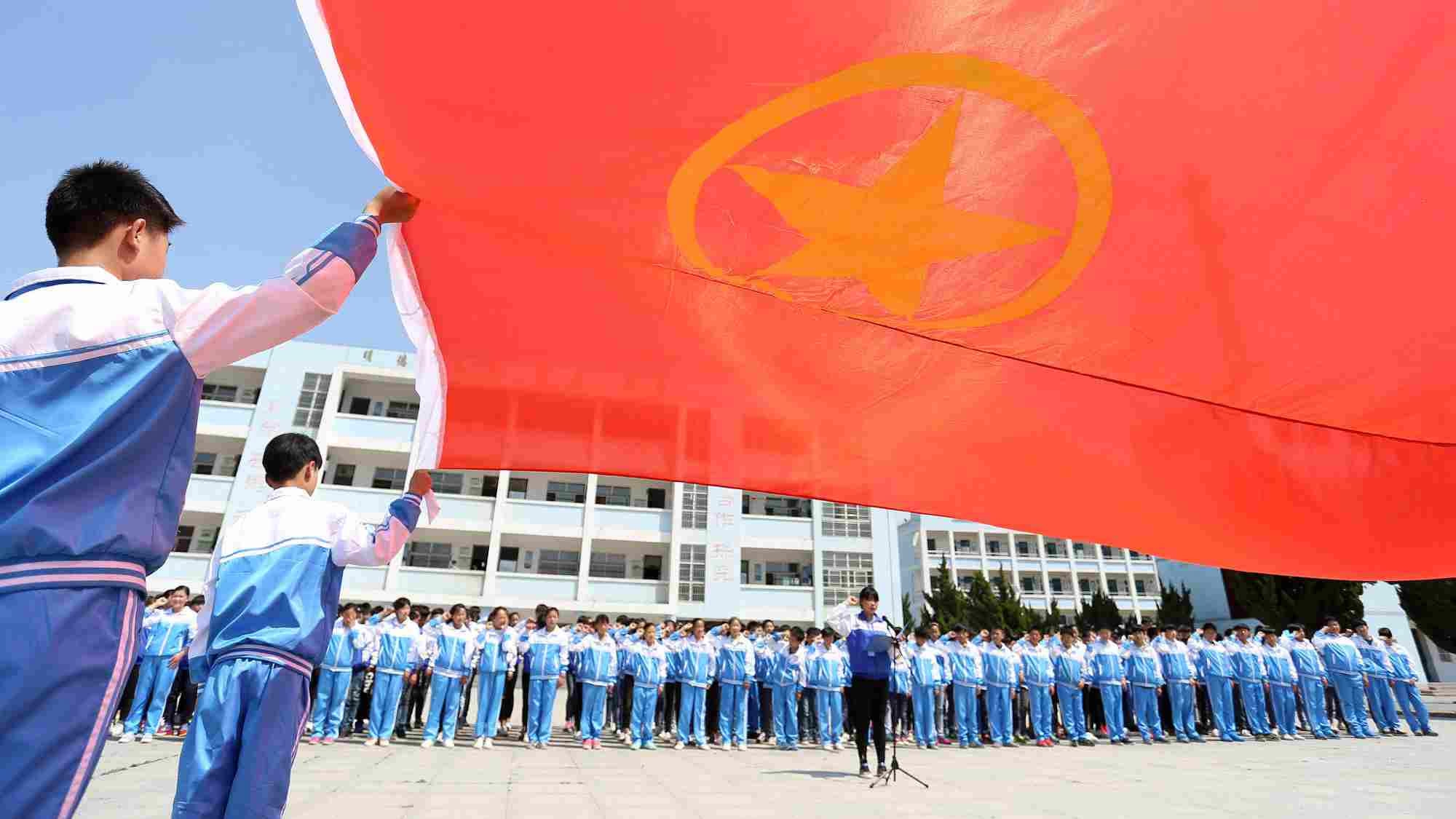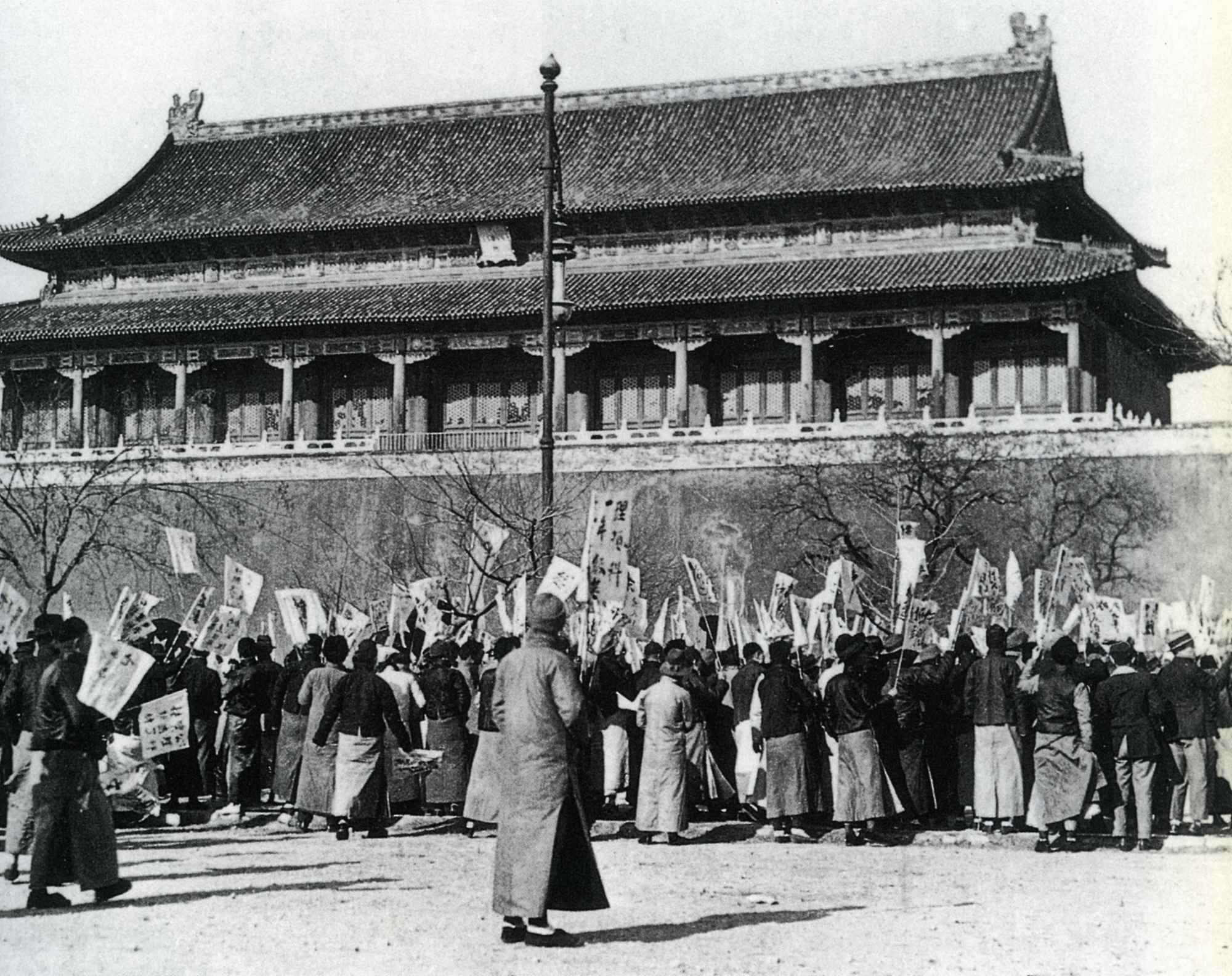
Culture & Sports
09:46, 04-May-2017
How China's Youth Day commemorates the birth of a revolution

China celebrates Youth Day every May 4. It was established to honor the patriotic and anti-imperialist "May Fourth Movement" that began on May 4, 1919, when a group of Chinese students protested the weak diplomatic response of the then Chinese government to the Treaty of Versailles, marking the beginning of China's new democratic revolution.
After World War I, as one of the victorious nations, China demanded abolition of all privileges of foreign powers in China, including the canceling of the "Twenty-One Demands" with which Japan extended its control of the Chinese economy, and the return of the territories and rights of Shandong Province.
However, Western Allies dominating the Paris Peace Conference ignored China’s request, and even decided to transfer the illegal privileges of Germany in Shandong Province to Japan.

Demonstrators gather in front of the Tian'anmen Gate on May 4, 1919. /VCG Photo
Demonstrators gather in front of the Tian'anmen Gate on May 4, 1919. /VCG Photo
When the news reached Beijing, thousands of college students gathered in Tian'anmen Square on May 4, protesting. The protests were suppressed by the Beiyang government but sparked the participation of a wider population including merchants and workers. People expressed their anger through demonstrations and strikes. The greater movements finally pressed the government to refuse to sign the Treaty.
In 1949, the new government of China declared May 4 National Youth Day to preserve and develop the spirit of patriotism and democracy of the May Fourth Movement.
Since then, all kinds of commemorative activities are held annually across the country. Many young people participate in volunteering activities and social practices. Some places hold coming-of age ceremonies for young adults on Youth Day.

Nearly 700 high school graduates go through a coming-of-age ceremony in Yichang City, Hubei Province on Youth Day. /VCG Photo
Nearly 700 high school graduates go through a coming-of-age ceremony in Yichang City, Hubei Province on Youth Day. /VCG Photo
The May Fourth Movement reflects the unity and strong will of the Chinese people to defend their nationalism, independence and determination for freedom. It has helped promote Marxism in China, and especially among the working class, facilitating the establishment of the Communist Party of China. It has also exerted a great influence on the evolution of modern Chinese culture, language, science and democracy.

SITEMAP
Copyright © 2018 CGTN. Beijing ICP prepared NO.16065310-3
Copyright © 2018 CGTN. Beijing ICP prepared NO.16065310-3